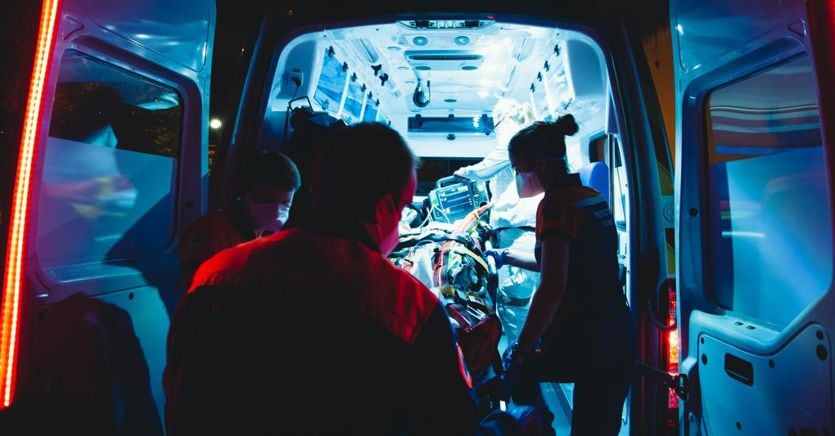The key points
- The advantages
- Geolocation
- Prediction algorithms
“PerTravel” is the name of the box equipped with high-tech instruments that increase and improve the control of the organs and tissues collected in all stages of transport thanks to refined monitoring and traceability systems. The study developed under the guidance of Antonio Amoroso, coordinator of the Regional Transplant Center of
Regione Piemonte and Chiara Bosso, winner of a scholarship funded by the DOT Foundation, was created with the aim of ensuring perfect conservation of the organs, cells, biological samples and tissues intended for transplantation.
The advantages
The added value of the PerTravel box, compared to current systems, is the ability to monitor and measure in real time the fundamental parameters for the well-being of the organ, first of all the temperature in the vicinity of the organ itself and outside: since the organs are very sensitive to thermal variations, even a minimal alteration in the storage temperature (usually around 4 ° C) can make the organ itself suffer, with possible compromise of the successful transplantation success.
Loading…
Current devices are based on an ice storage and cooling system which, although economical, effective and functional, does not ensure high performance. On the other hand, PerTravel allows you to keep the temperature inside the box monitored and constant. In addition to this, the PerTravel monitoring and traceability system, through special sensors located in the container, allows to detect the stresses to which the box is subjected, thanks to a load cell (triaxial accelerometer) which records vibrations, impacts and impulses. mechanical type. That is, it creates a sort of “history of the stresses” to which the organ has been subjected all along the way.
Geolocation
The geolocation of the biological material during transport allows the real-time display of its position along the transfer route, through a GPS module based on an RFID (Radio frequency identification) antenna. The great adaptability of the box allows you to transport biological samples, cells, tissues and all transplantable thoraco-abdominal organs (kidney, liver, pancreas, heart), with the exception of the lung as it has too many differences in weight and size compared to other organs.
Future measures and developments of the box are being studied, including the addition of an additional temperature sensor (feedback) to be positioned in the close vicinity of the biological material that can come into action in the event of a failure of the existing internal temperature sensor. A system of alarms and support to the monitoring of the parameters will be created, which alerts the user in case of malfunction of the sensors themselves or of transport conditions outside the target (more specifically referred to the detection of shocks / stresses, internal / external temperature not according to law, misalignment of the internal temperature sensors). The design of a virtual platform for data detection, transmission and saving is underway that complies with the regulations governing the treatment of sensitive biomedical data.
